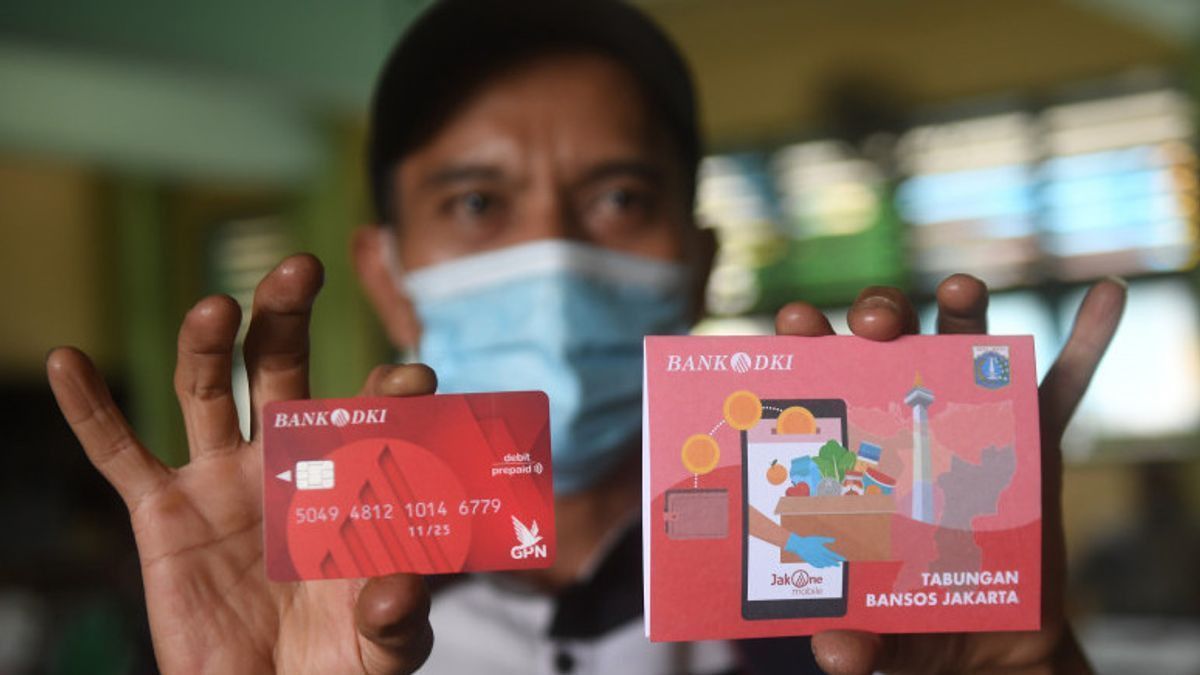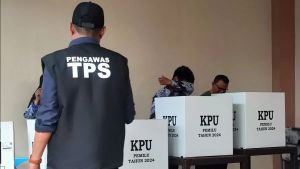JAKARTA - The DKI Jakarta Provincial Government (Pemprov) disbursed social assistance (bansos) from the Jakarta Smart Card (KJP) Plus the first phase of wave one to 460,143 recipients.
"KJP Plus phase one for the period January to June 2024 is disbursed gradually (January to April has been disbursed). Today, two months at once for May and June," said Acting Head of the DKI Jakarta Education Office Budi Awaluddin when contacted in Jakarta, Thursday, June 13.
As for the disbursement of aid, it was carried out in several stages and in the first stage it consisted of two waves, Budi said that the first phase of the second wave of disbursement for as many as 130,101 recipients still needed to be reverified.
This, he added, is to ensure that prospective recipients are DKI residents who really are residents of the underprivileged group.
"Re-verification is carried out directly in the field by involving related parties such as the Education Office, Empowerment Service, Child Protection, and Population Control (PPAPP), Regional Revenue Agency (Bapenda) and Social Service," he said.
According to Budi, verification takes about one month to determine that the recipients of the first phase in wave two and funds are expected to be disbursed in the following month so that they can be used for children's school needs.
He also apologized for the delay in disbursing the KJP Plus in DKI Jakarta and said the government was committed to continuing to oversee Indonesia's gold in 2045 from the quality education sector.
KJP Plus is given specifically to residents of DKI Jakarta in order to provide access to 12-year compulsory education for students aged 6 - 21 years from underprivileged families. The amount is according to education level, namely for SD/MI of Rp. 250 thousand per month, SMP of Rp. 300 thousand per month and SMA of Rp. 420 thousand per month.
SEE ALSO:
As for SMK Rp450 thousand and the Community Learning Activity Center of Rp300 thousand per month and the Training Course Institute (LKP) of Rp1.8 million per semester.
"We hope that parents can consistently educate their children from an early age so that they wisely use KJP for school purposes," he said.
Budi emphasized that programs must be right on target and the distribution is more selective to families who really need and are recorded in the Integrated Social Welfare Data (DTKS).
The English, Chinese, Japanese, Arabic, and French versions are automatically generated by the AI. So there may still be inaccuracies in translating, please always see Indonesian as our main language. (system supported by DigitalSiber.id)
















